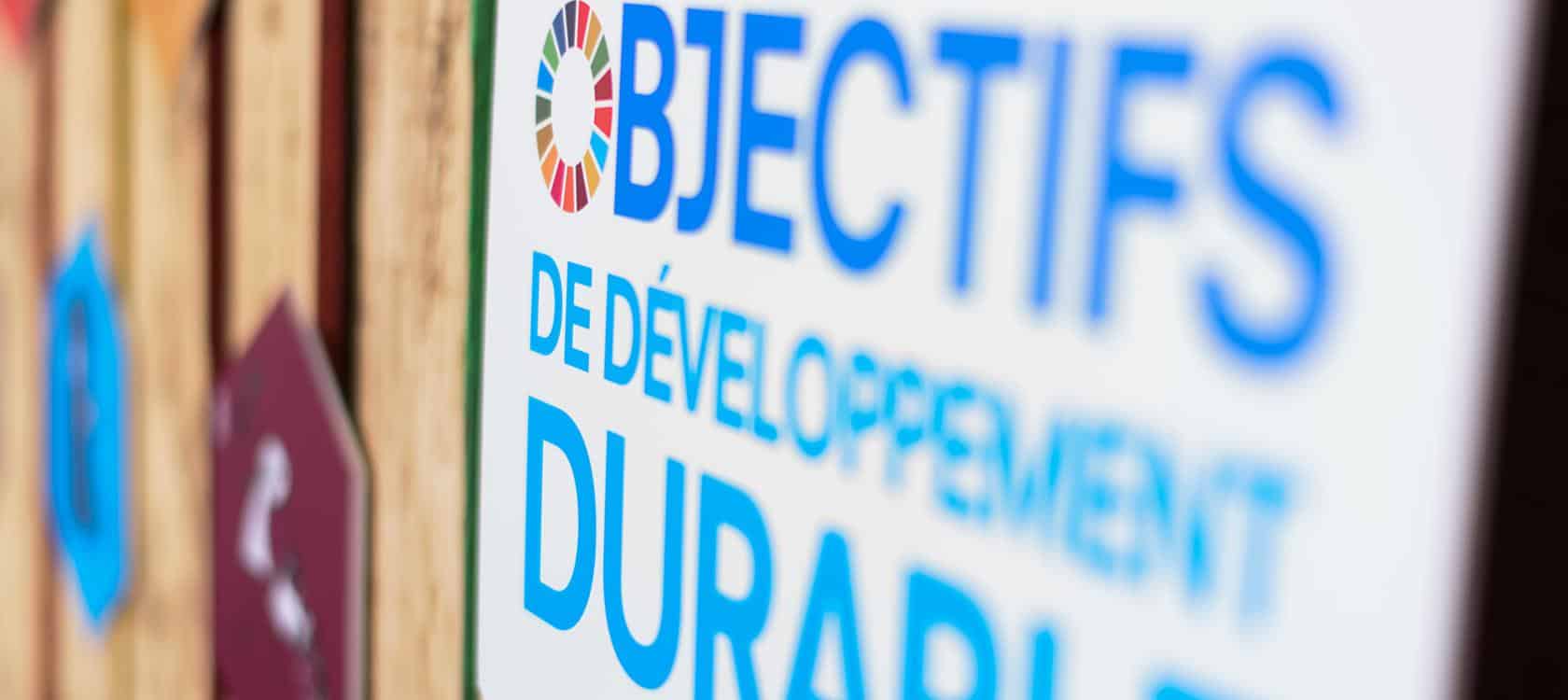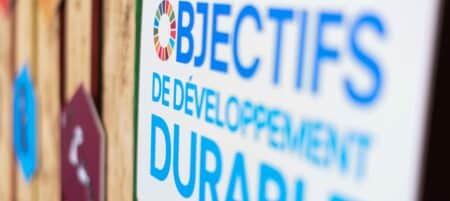
Combat Climate Change and Its Impacts With the Sustainable Development Goals
The Sustainable Development Goals are a set of 17 global goals that have been envisioned as a blueprint for a more sustainable future for all. These goals were ratified by the United Nations General Assembly in 2015 and are intended to be achieved by 2030. In order to achieve these objectives, all countries are expected to make significant efforts to achieve them. But how do they measure up? The first goal is to reduce the global poverty rate by 25 percent.
The second goal focuses on reducing carbon emissions
which is important for addressing climate change. This goal is especially important as it requires the use of renewable energy sources. It also requires the reduction of human waste. This goal is particularly important because 80% of our diet is plant life, and agriculture is a major source of economic activity. The third goal is the conservation of forests, which cover thirty percent of Earth’s surface and provide homes for millions of species. Furthermore, they help mitigate climate change Combat Climate Change.

The fourth goal focuses on ending hunger
The fourth goal focuses on ensuring food security. All humans depend on the oceans and earth for their livelihood. SDG 2 aims to end hunger, and SDG 7 targets the protection of natural resources. The latter goal is particularly important as 70% of the Earth’s surface is covered by forests. These forests are vital in combating climate change, and provide a habitat for millions of species.
The third goal focuses on reducing greenhouse gas emissions and other pollutants
These goals are important because they provide a roadmap for countries to follow. The UNFCCC is the primary forum for negotiating global environmental agreements. Its target framework is widely applicable to climate change, and these goals aim to provide a foundation for future climate action. The UNFCCC has also published the Sustainable Development Goals (SDGs) as a way to hold governments accountable.
The Sustainable Development Goals are very ambitious. They aim to address a wide range of issues, from food security to the protection of oceans and forests. The UN resolution that enacts the Sustainable Development Goals identifies specific targets and indicators for each goal. The goals are designed to be “actionable,” meaning that they can be implemented by any country. The resolutions were also widely used to make governments more accountable for their actions Combat Climate Change.
These goals are not simple
They are interdependent and very broad. The resolutions’ aims to address the most pressing global problems. In fact, the SDGs’ targets are so wide that it is impossible to achieve them all. And if countries cannot achieve these goals, their progress will be slow and the UN will have to rely on the private sector to fund its implementation. For this to happen, more businesses must step up to address these goals.
The goals are very broad and interdependent, but the UN resolution that adopted them is an essential piece of the puzzle. These global goals were designed to be more “actionable” by identifying specific targets for each goal and indicators to measure progress. Each target has a specific end date, usually between 2020 and 2030. However, some goals are not achievable. These targets can lead to a number of challenges and failures. So, it is imperative that businesses participate in the process of implementing the SDGs.
The Sustainable Development Goals are a way for people to hold governments accountable for achieving their goals. Most of these targets are related, and the SDG-Tracker helps monitor progress toward these targets. The global climate crisis is an issue that must be addressed if we are to avoid the worst disasters. It has become an important global issue. Despite its weight, the SDGs are not the only global issues facing the world Combat Climate Change.
The Sustainable Development Goals are a set of five targets
each one covering different aspects of the environment. Some of these goals interrelated, while others unrelated and are based on a global framework. As a result, these targets have a wide range of consequences. The SDGs meant to achieved through a number of means, including the development of renewable energy. Some of these more difficult to implement than others, but they must addressed to ensure progress made.
